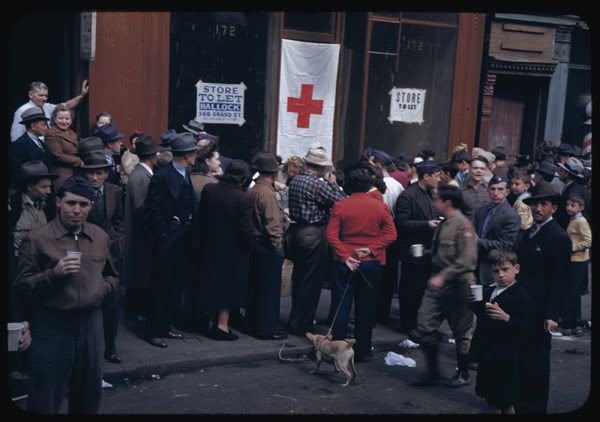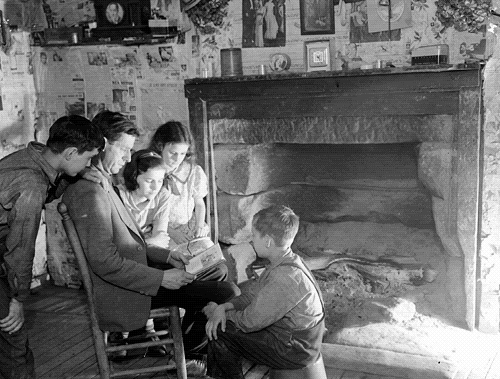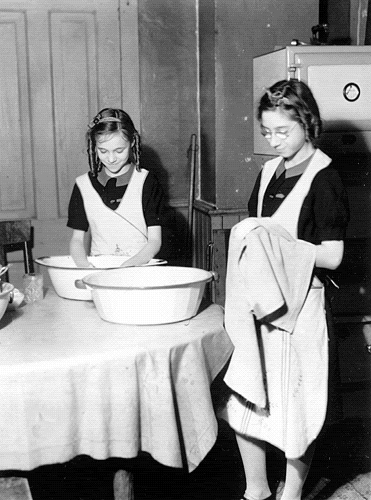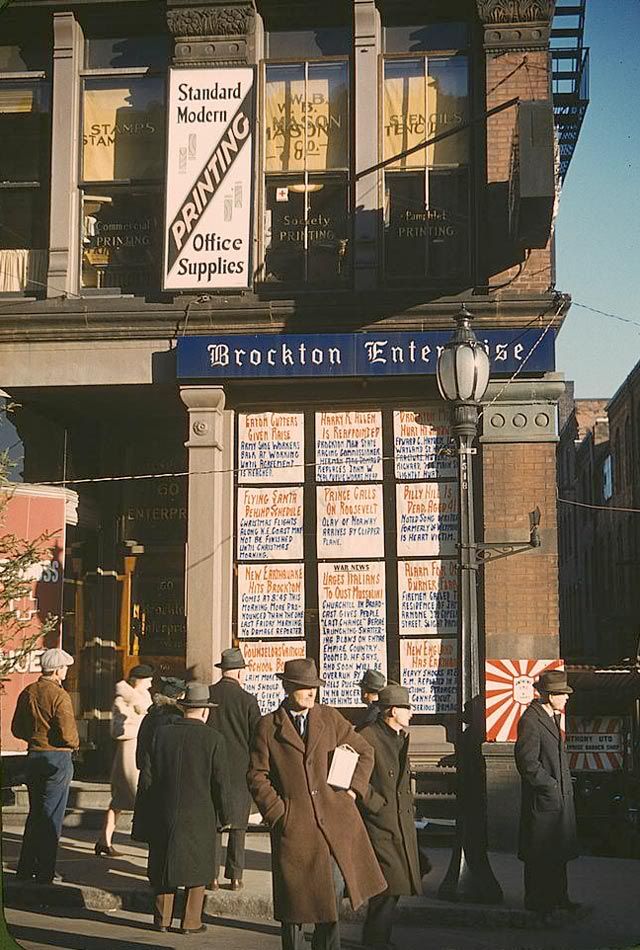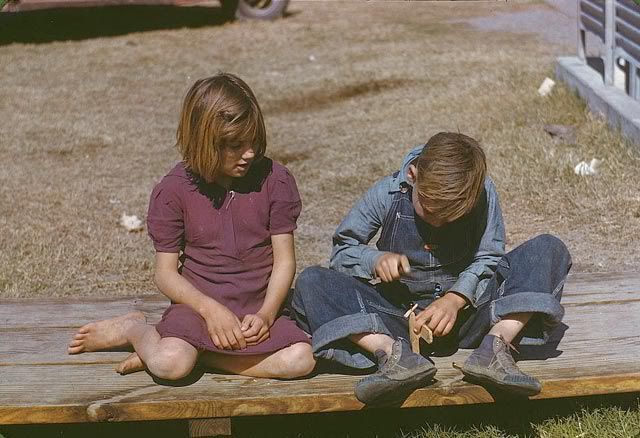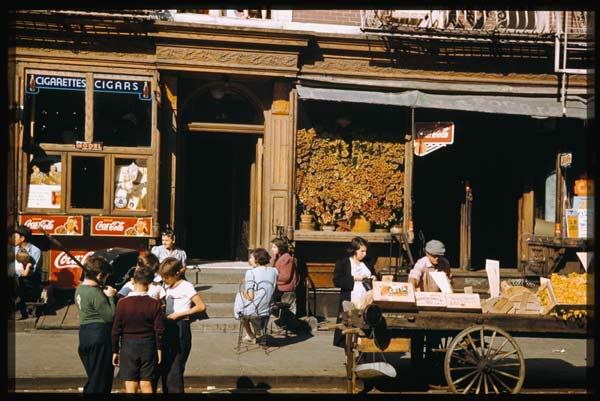Just an article I ran across on yahoo a few minutes ago, thought it was interesting.
Historians: Past Eras Were Worse Than Now
By MARK JOHNSON, Associated Press Writer Sat Dec 10, 3:40 AM ET
ALBANY, N.Y. - Terrorist attacks, a war in
Iraq and natural disasters aren't so bad compared to other tough times in America's past, from the Revolutionary War to the Cold War, history professors say.
Asked to compare eight difficult periods of the nation's history, 46 percent of the 354 professors who responded to a nationwide survey agreed the current era was the least trying. The Civil War, 55 percent said, was the toughest.
Researchers at the Siena Research Institute of Siena College came up with the survey after hearing students comment they felt today's era was one of the most trying in America's history.
"It's an issue of perspective," said Thomas Kelly, a professor emeritus of history and American studies at Siena who helped conduct the survey, which was released Thursday.
"With very few exceptions most generations have confronted enormous kinds of problems and have to greater or lesser degrees coped," he said.
Next to the Civil War ?¢‚Ǩ‚Äù which threatened the nation's very existence and cost the lives of more than 600,000 people ?¢‚Ǩ‚Äù the poll found the Revolutionary War and the Great Depression to be the most trying, followed by Vietnam and the Cultural Revolution, World War II, the Cold War, World War I and today.
Kristina Hicks, 20, a Siena junior, said that while it's true most of today's Americans have not had to sacrifice like previous generations did, she disagrees with the poll's findings.
"I definitely think today is one of most trying times," she said. "When I read about things like 9/11 and the war in Iraq in textbooks, it doesn't actually portray the whole picture of what happened."
Dan Reisner, a 21-year-old Siena senior, ranks the current era in the middle, saying the destruction of the World Trade Center changed his world view.
"I never thought we were under threat until I saw 9/11," he said. "It was very shocking. Times are definitely more dangerous now. Terrorism is constantly getting worse."
Kelly said the shock of the 2001 terrorist attacks was felt especially hard by today's college students, who were in their early or middle teenage years at the time.
"For young people, life is very visual," Kelly said. "There are few things as visual as the twin towers falling."
The survey was mailed to each of the roughly 2,500 American colleges and universities with a history department, Kelly said.
